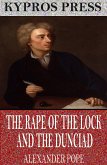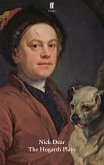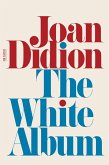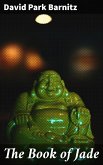Alexander Pope's "The Dunciad" stands as a satirical tour de force of the early 18th century, encapsulating the cultural and literary tensions of its time. Composed in heroic couplets, the poem is a scathing critique of the prevailing mediocrity and the decline of literary standards, as it mocks the burgeoning influence of dullness and ignorance on the arts. Through mock-epic conventions, Pope cleverly contrasts the high aspirations of true genius with the abject folly of 'dullness,' embodied in figures such as Lewis Theobald, thereby exposing the fragility of literary merit in a politically charged landscape rife with hack writers and self-serving critics. Its intertwining of wit and social commentary situates "The Dunciad" firmly within the context of the neoclassicism movement and the poet's desire for intellectual integrity amid the overpowering flood of artifice and insipidness. Born in 1688, Alexander Pope was a prominent satirist, poet, and critic whose personal struggles with health and societal norms fueled his biting wit and critical eye. Raised in a Catholic family during a time of Protestant ascendance in England, Pope faced various limitations that shaped his perspectives on authority and oppression. His experiences cultivated a profound understanding of human folly, which he masterfully encapsulated in "The Dunciad," expressing both personal grievance and broader societal critique. For those seeking a profound exploration of literary aesthetics, and a reflection on the socio-political underpinnings of art, "The Dunciad" is an indispensable read. Pope'Äôs incisive commentary resonates to this day, challenging readers to confront the value of intelligence and creativity against the backdrop of mediocrity. This timeless work invites both literary scholars and casual readers to engage with its rich layers of meaning and to appreciate the enduring relevance of Pope's satirical genius.
Dieser Download kann aus rechtlichen Gründen nur mit Rechnungsadresse in A, B, BG, CY, CZ, D, DK, EW, E, FIN, F, GR, H, IRL, I, LT, L, LR, M, NL, PL, P, R, S, SLO, SK ausgeliefert werden.









